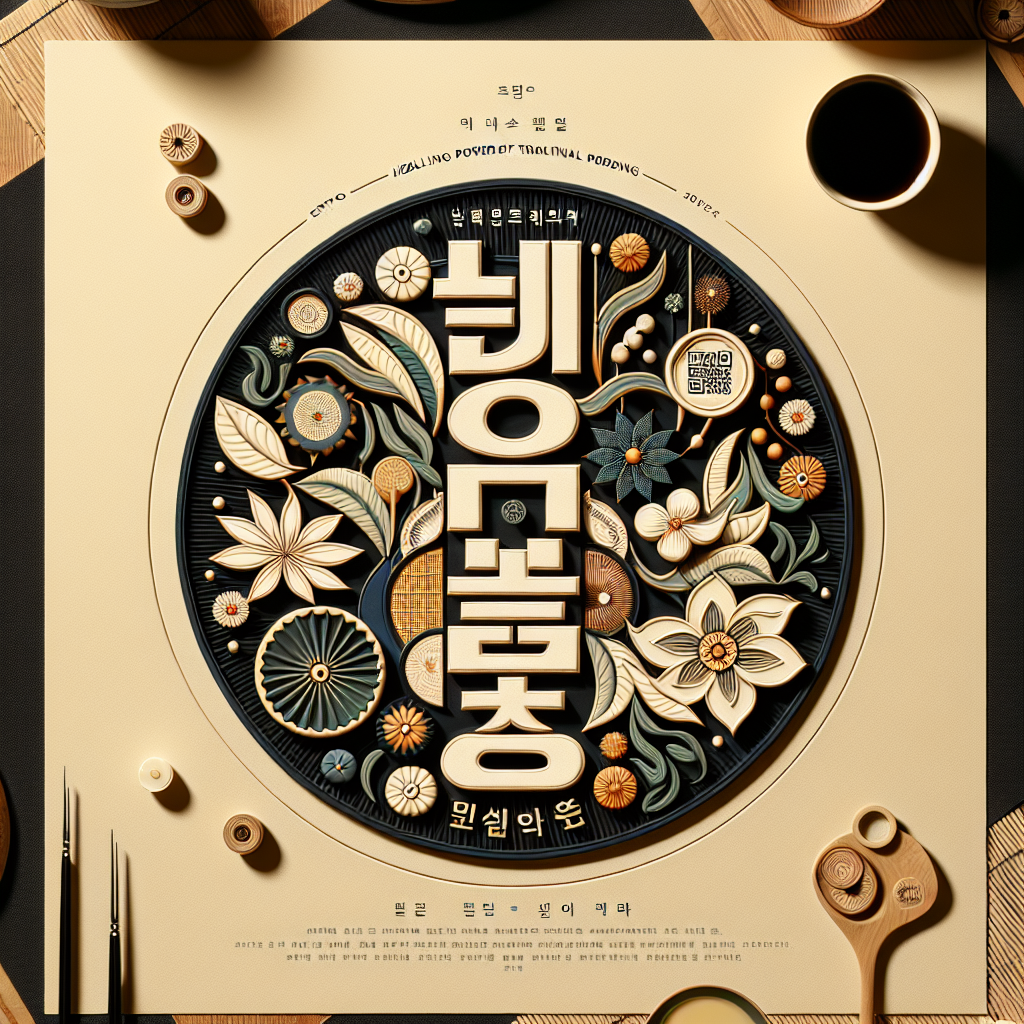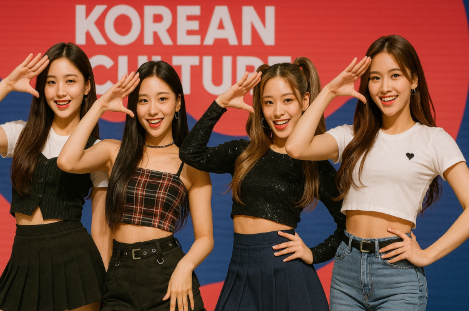Korean Traditional Medicine: A Deep Dive into Hanbang
Korean traditional medicine, known as “Hanbang,” has been practiced for over two thousand years and remains a fundamental part of Korean culture and healthcare. This ancient system focuses on maintaining the balance of energy in the body, harmonizing the mind, body, and environment.
The Philosophy Behind Hanbang
Hanbang is deeply rooted in the principles of yin and yang, the concept of dualism describing how seemingly opposite forces are interconnected and interdependent. Balance between these forces is crucial for health. Hanbang practitioners aim to restore and maintain this balance through various treatments.
Additionally, the Five Elements theory—wood, fire, earth, metal, and water—plays a significant role, associating each element with different organs and emotions. This holistic viewpoint considers physical, emotional, and spiritual well-being.
Herbal Medicine in Hanbang
Herbal remedies are a cornerstone of Hanbang, utilizing nature’s bounty to treat and prevent ailments. Common ingredients include ginseng, ginger, and licorice root, each with specific health benefits. These herbs are often combined into teas, pills, or powders tailored to the individual’s needs.
The selection and combination of herbs consider the patient’s unique condition, seasonal climate, and dietary habits, emphasizing personalized care. This customization aims for maximum efficacy and minimal side effects.
Acupuncture and Moxibustion
Acupuncture and moxibustion are integral components of Hanbang. Acupuncture involves inserting fine needles into specific points on the body to modulate the flow of energy, or ‘Qi’. This practice is highly effective for pain relief and treating various disorders.
Moxibustion, on the other hand, involves burning moxa (a type of dried plant) directly or indirectly on the body’s surface. It is believed to enhance blood circulation and improve overall health by warming and invigorating energy pathways.
Hanbang and Modern Healthcare
While deeply traditional, Hanbang has adapted to modern healthcare settings. Many hospitals and clinics in Korea integrate traditional methods with conventional Western medicine, offering complementary treatments for patients.
Research continues to validate the efficacy and benefits of Hanbang, contributing to its growing popularity worldwide. Studies on ginseng’s immune-boosting properties and the pain-relieving effects of acupuncture have highlighted its scientific basis.
Accessibility and Global Influence
Hanbang is now accessible beyond Korea, with herbal products and therapies available globally. Interest in natural and holistic treatments has surged, leading to increased recognition and adoption of Korean traditional medicine practices.
Through cultural exchange and international collaboration, Hanbang continues to influence global healthcare, promoting a balanced and preventive approach to health.
| Element | Associated Organ | Emotion | Flavour |
|---|---|---|---|
| Wood | Liver | Anger | Sour |
| Fire | Heart | Joy | Bitter |
| Earth | Spleen | Worry | Sweet |
| Metal | Lungs | Grief | Spicy |
| Water | Kidney | Fear | Salty |
FAQs on Korean Traditional Medicine
Q: What is the difference between Hanbang and Western medicine?
A: Hanbang focuses on holistic and preventive care, aiming to balance the body, while Western medicine often targets symptoms and diseases directly.
Q: Can Hanbang be integrated with modern medical treatments?
A: Yes, many Korean healthcare providers incorporate Hanbang into modern treatments, offering an integrative approach to patient care.
Q: Is Hanbang safe for everyone?
A: While generally safe, it is important to consult with a qualified Hanbang practitioner, especially if you have pre-existing conditions or are pregnant.
Summary
- ✅ Korean traditional medicine, or Hanbang, emphasizes balance and harmony in the body.
- ✅ It utilizes herbal remedies, acupuncture, and moxibustion for treatment.
- ✅ Hanbang complements modern medicine and is gaining global recognition.
- ✅ It adopts a personalized approach, tailoring treatments to individual needs.
#KoreanTraditionalMedicine #Hanbang #HerbalMedicine #Acupuncture #Moxibustion #YinYang #FiveElements #HolisticHealth #NaturalTreatment #AncientWisdom #KoreanCulture #TraditionalRemedies #EasternMedicine #HealthAndWellness #GlobalHealthcare #HolisticApproach #MindBodyConnection #HerbalRemedies #Ginseng #ComplementaryMedicine #TherapeuticBenefits #BalancedLiving #CulturalHeritage #PersonalizedCare #PreventiveHealthcare #TraditionalHealing #HealthcareIntegration #AlternativeMedicine #AsianHeritage #NaturalWellness #HealthOptimization


